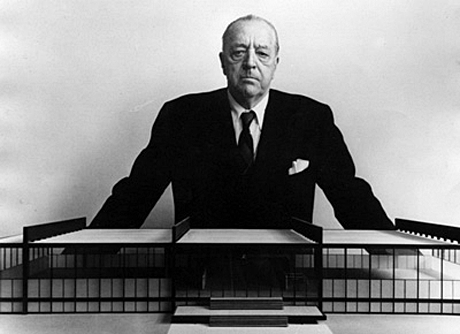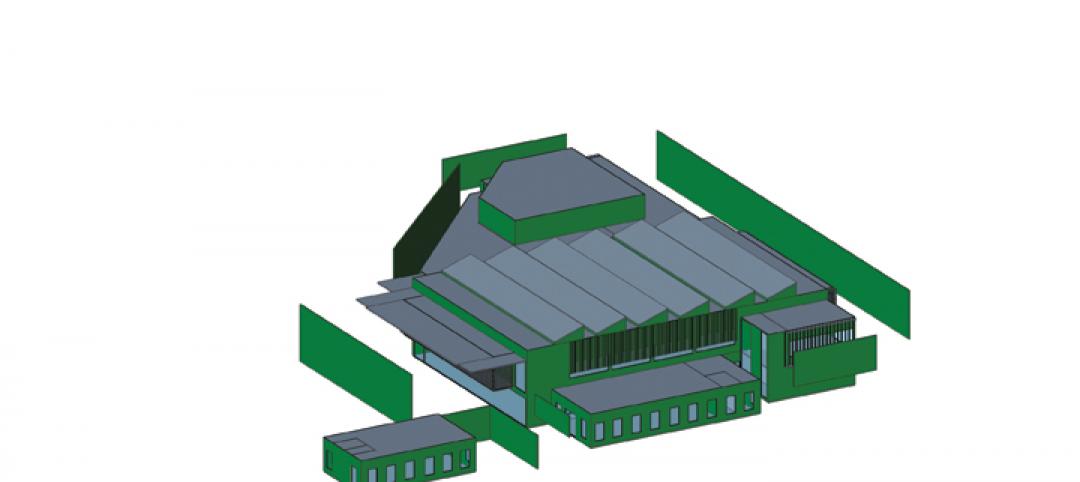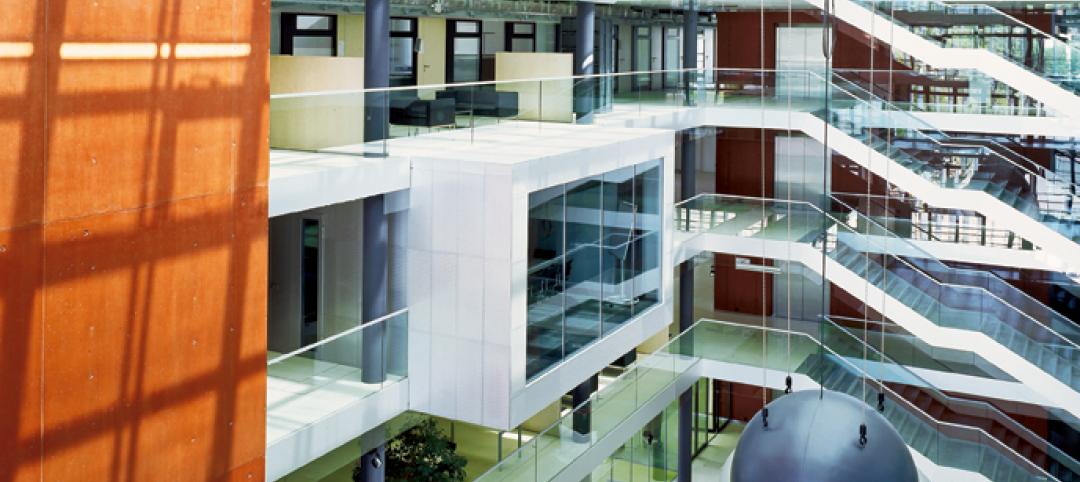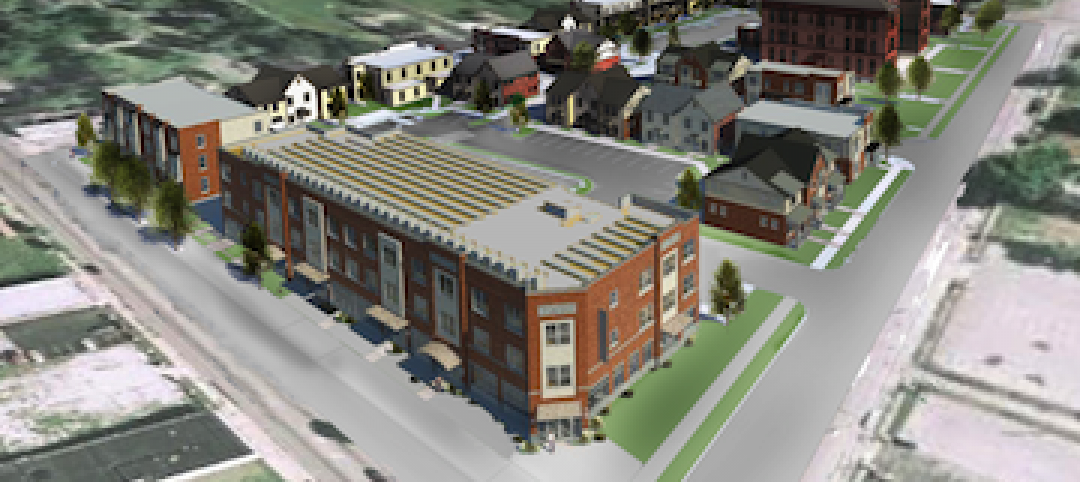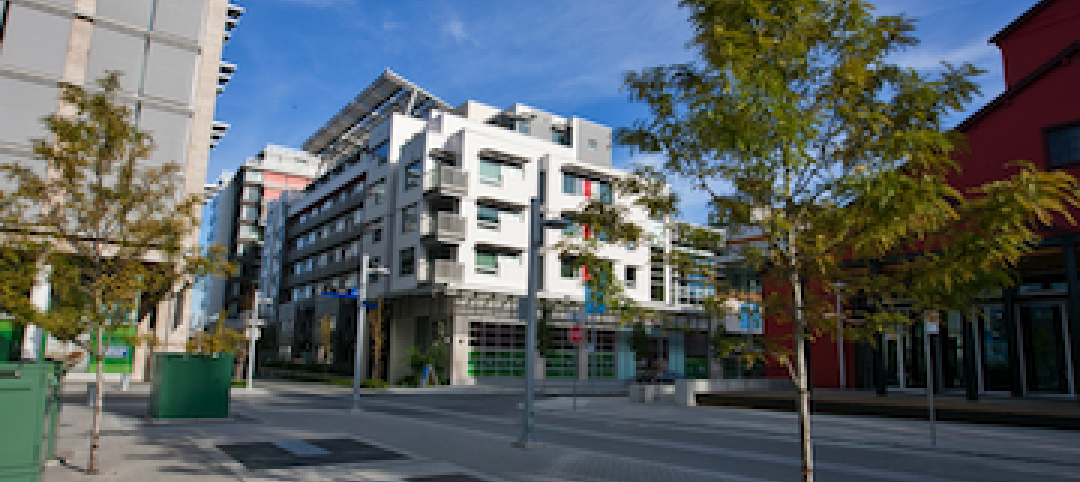On Monday, February 10, the Illinois Insitute of Technology officially launched the Mies Crown Hall Americas Prize.
The College of Architecture at Illinois Institute of Technology established the Americas Prize to recognize the most distinguished architectural works built on the North and South American continents.
The Prize will be awarded biennially within the masterpiece of S. R. Crown Hall, the organization’s Chicago-based laboratory and mission control center. The recipients of this new prize will be named by a jury of professional architects, curators, writers, editors, and other individuals whose work has had a lasting influence on the theory and practice of design.
It will be twofold in nature: it will recognize pre-eminence in architecture while additionally awarding a member of the profession’s younger generation, by way of the Americas Prize for Emerging Architecture, that harnesses the talent and ambition needed to devise and bring forth a truly outstanding first?/?early built work.
The Americas Prize is awarded to the best architectural work in the Americas completed in the preceding two years. The authors of the winning project receive an award of $50,000 and the MCHAP Chair at Illinois Institute of Technology for the following academic year. The MCHAP Chair(s) will establish research related to the theme of ‘rethinking the metropolis,’ will give a public lecture as part of the IIT College of Architecture’s lecture series, and engage in other agreed upon forms of academic research. The Americas Prize is announced at the Prize Ceremony in the fall of the award year.
The MCHAP Book will feature the Americas Prize Winner, in addition to the Finalists, the Americas Prize for Emerging Architecture Winner, and the Outstanding Projects recognized by the Jury. Through a series of diverse essays and articles, the book will highlight the architectural perspective that challenges the limits of the profession. The Americas Prize Winner will be profiled internationally in print, film and digital media.
The Americas Prize for Emerging Architecture is awarded to an outstanding built work in the Americas by an emerging practice completed within the preceding two years. The authors of the winning project receive an award of $25,000 USD and the MCHAP Research Professorship at Illinois Institute of Technology for the following academic year, where they will lead a studio related to ‘rethinking metropolis’. The Americas Prize for Emerging Architecture is announced at the Benefit Ceremony in the spring of the award year.
In addition to being featured in the MCHAP Book, the Americas Prize for Emerging Architecture Winner will receive a monograph focusing on their award-winning work.
For more information, visit: http://arch.iit.edu/prize/mchap?v=
Related Stories
| Nov 2, 2010
Energy Analysis No Longer a Luxury
Back in the halcyon days of 2006, energy analysis of building design and performance was a luxury. Sure, many forward-thinking AEC firms ran their designs through services such as Autodesk’s Green Building Studio and IES’s Virtual Environment, and some facility managers used Honeywell’s Energy Manager and other monitoring software. Today, however, knowing exactly how much energy your building will produce and use is survival of the fittest as energy costs and green design requirements demand precision.
| Nov 2, 2010
Yudelson: ‘If It Doesn’t Perform, It Can’t Be Green’
Jerry Yudelson, prolific author and veteran green building expert, challenges Building Teams to think big when it comes to controlling energy use and reducing carbon emissions in buildings.
| Nov 2, 2010
Historic changes to commercial building energy codes drive energy efficiency, emissions reductions
Revisions to the commercial section of the 2012 International Energy Conservation Code (IECC) represent the largest single-step efficiency increase in the history of the national, model energy. The changes mean that new and renovated buildings constructed in jurisdictions that follow the 2012 IECC will use 30% less energy than those built to current standards.
| Nov 1, 2010
Sustainable, mixed-income housing to revitalize community
The $41 million Arlington Grove mixed-use development in St. Louis is viewed as a major step in revitalizing the community. Developed by McCormack Baron Salazar with KAI Design & Build (architect, MEP, GC), the project will add 112 new and renovated mixed-income rental units (market rate, low-income, and public housing) totaling 162,000 sf, plus 5,000 sf of commercial/retail space.
| Nov 1, 2010
John Pearce: First thing I tell designers: Do your homework!
John Pearce, FAIA, University Architect at Duke University, Durham, N.C., tells BD+C’s Robert Cassidy about the school’s construction plans and sustainability efforts, how to land work at Duke, and why he’s proceeding with caution when it comes to BIM.
| Nov 1, 2010
Vancouver’s former Olympic Village shoots for Gold
The first tenants of the Millennium Water development in Vancouver, B.C., were Olympic athletes competing in the 2010 Winter Games. Now the former Olympic Village, located on a 17-acre brownfield site, is being transformed into a residential neighborhood targeting LEED ND Gold. The buildings are expected to consume 30-70% less energy than comparable structures.
| Oct 27, 2010
Grid-neutral education complex to serve students, community
MVE Institutional designed the Downtown Educational Complex in Oakland, Calif., to serve as an educational facility, community center, and grid-neutral green building. The 123,000-sf complex, now under construction on a 5.5-acre site in the city’s Lake Merritt neighborhood, will be built in two phases, the first expected to be completed in spring 2012 and the second in fall 2014.
| Oct 21, 2010
GSA confirms new LEED Gold requirement
The General Services Administration has increased its sustainability requirements and now mandates LEED Gold for its projects.
| Oct 18, 2010
World’s first zero-carbon city on track in Abu Dhabi
Masdar City, the world’s only zero-carbon city, is on track to be built in Abu Dhabi, with completion expected as early as 2020. Foster + Partners developed the $22 billion city’s master plan, with Adrian Smith + Gordon Gill Architecture, Aedas, and Lava Architects designing buildings for the project’s first phase, which is on track to be ready for occupancy by 2015.


